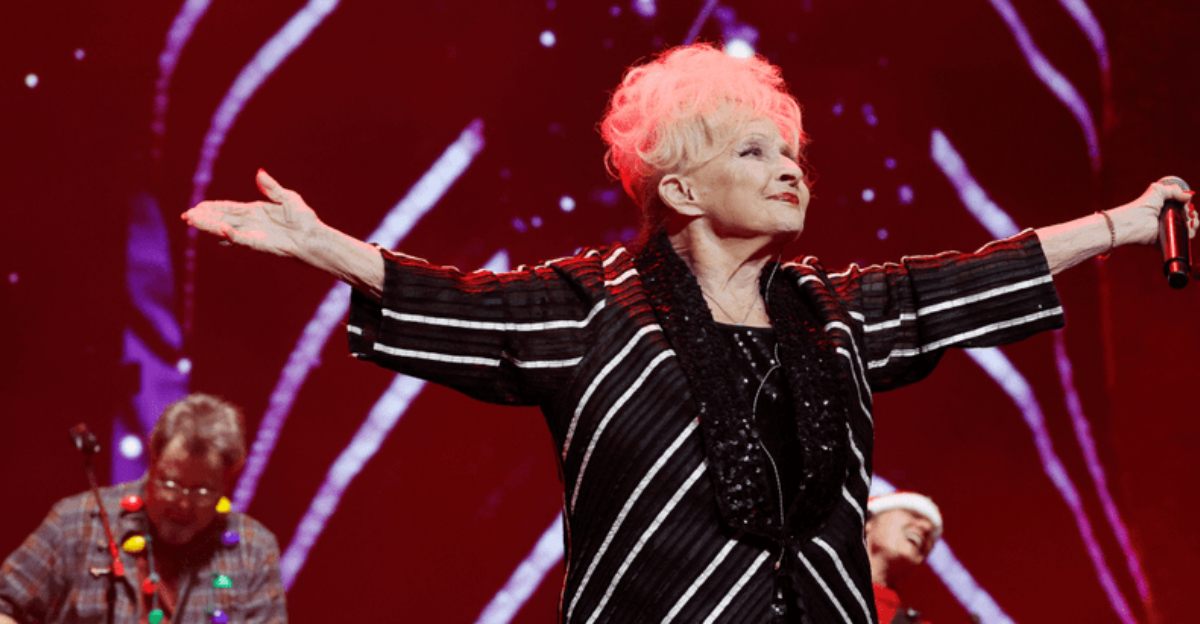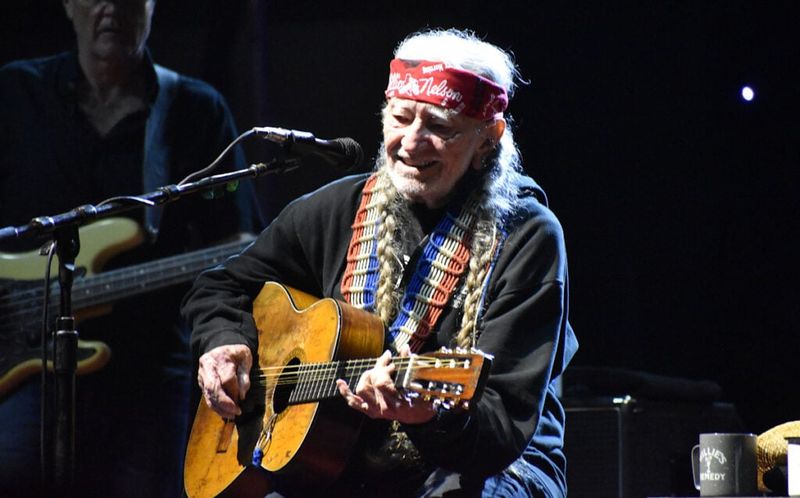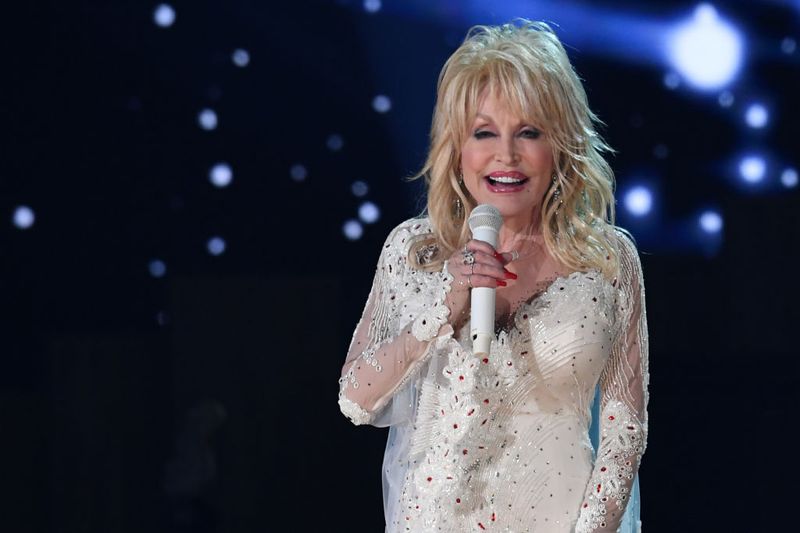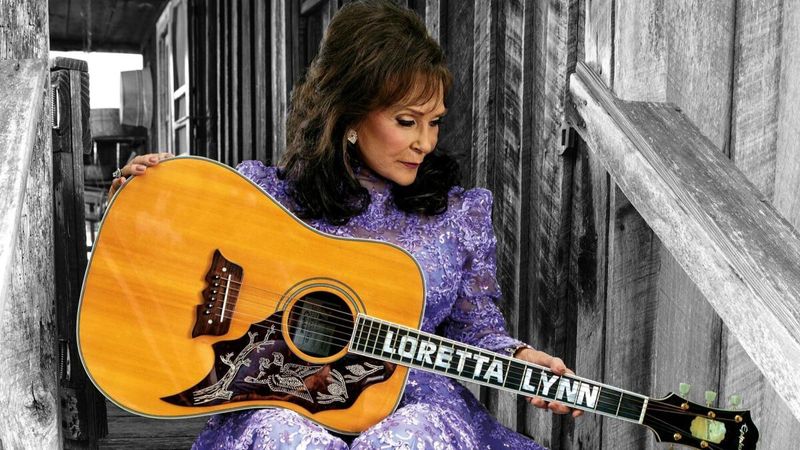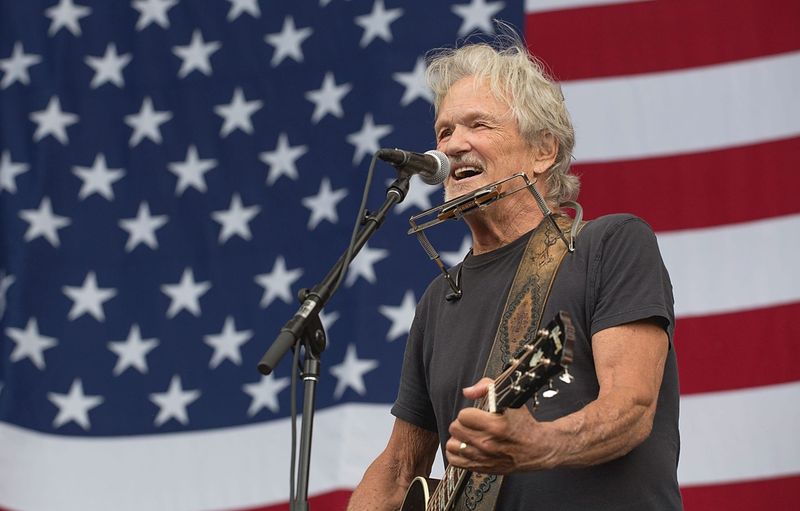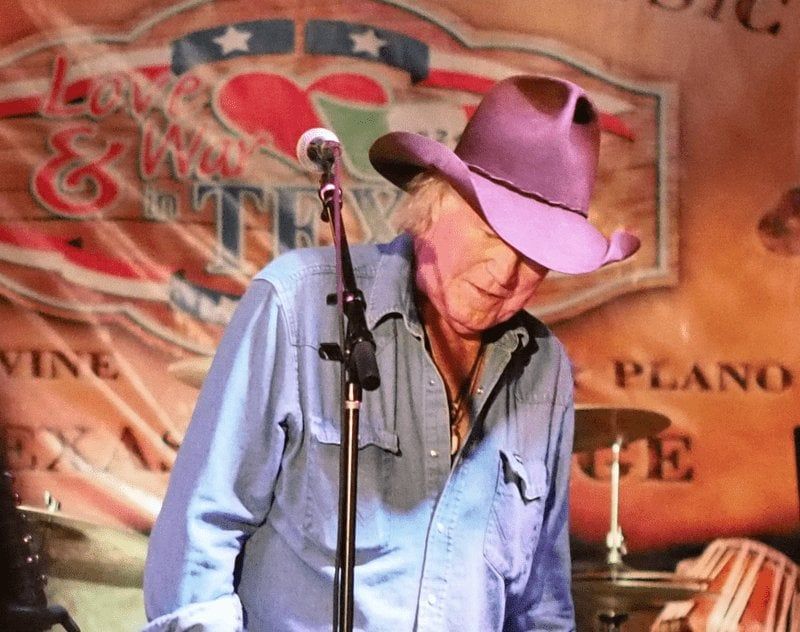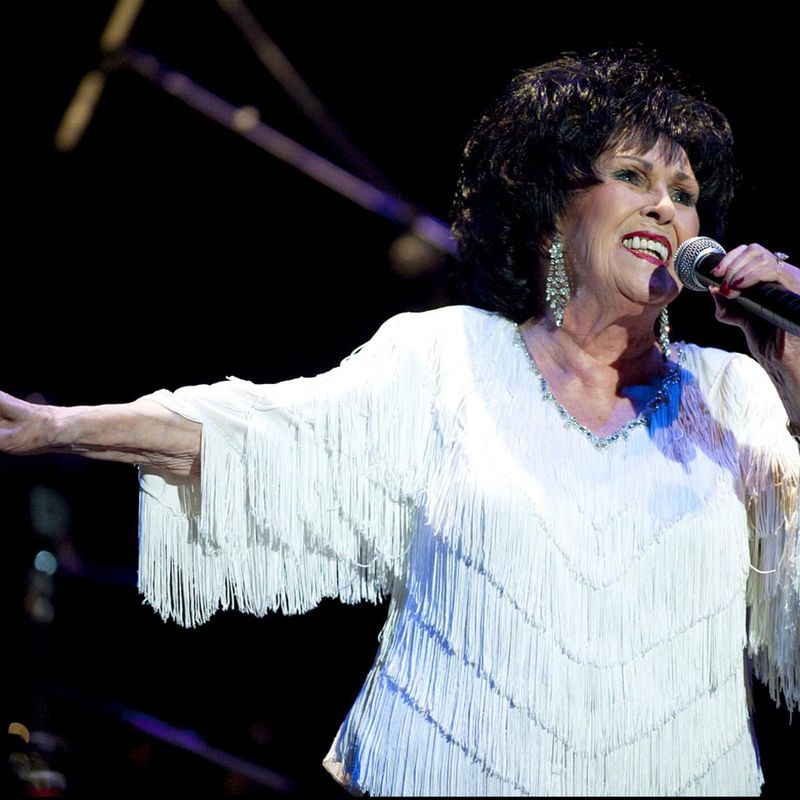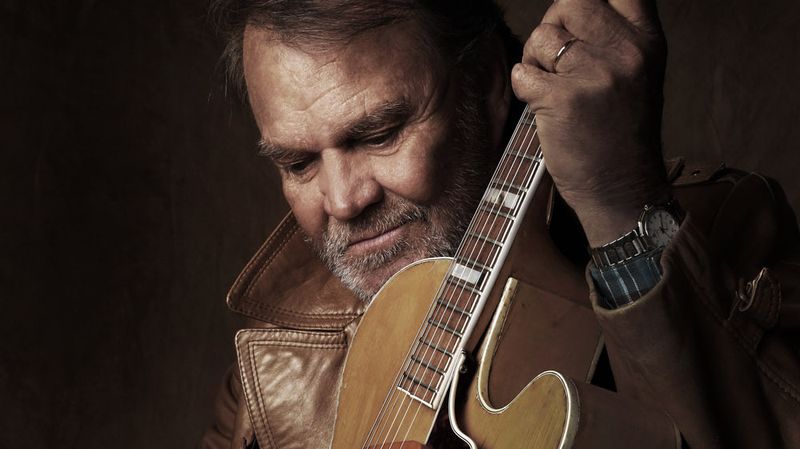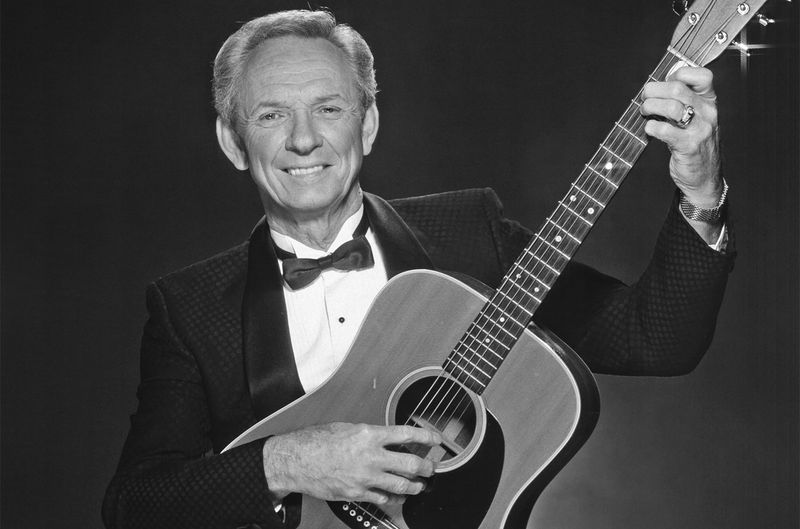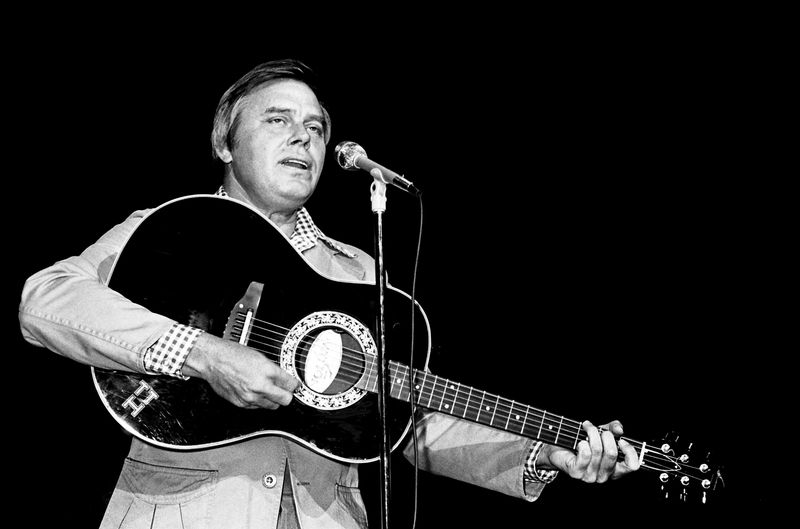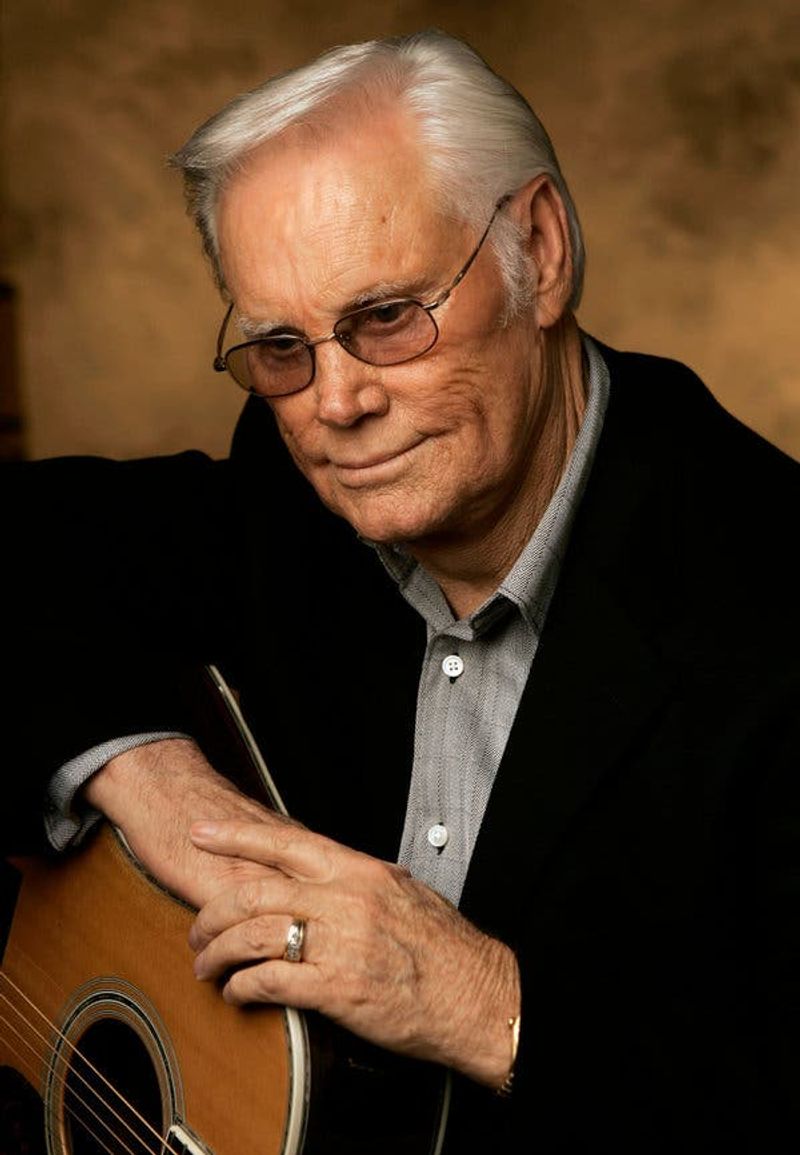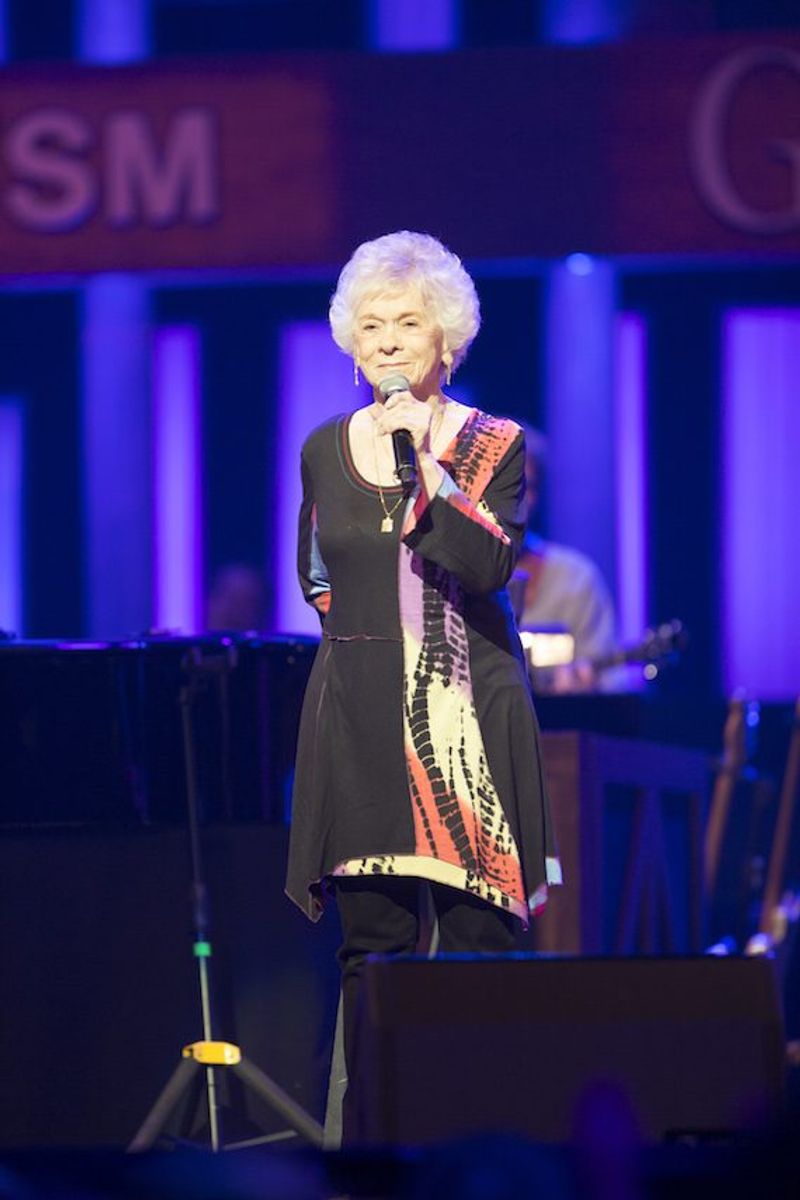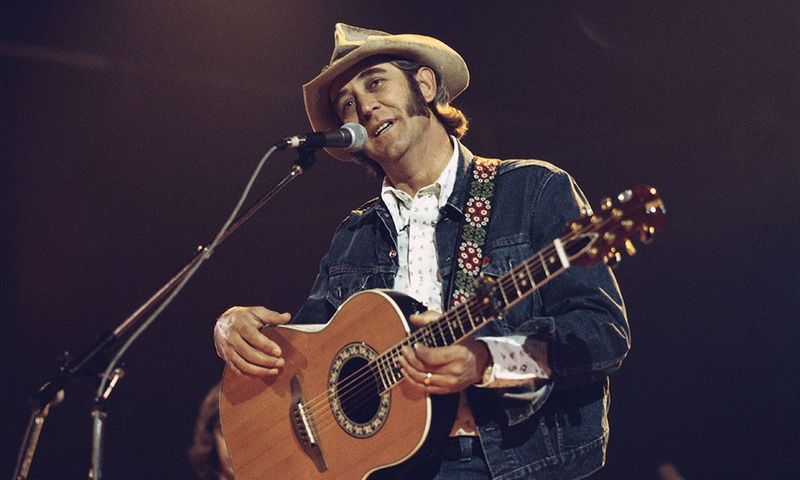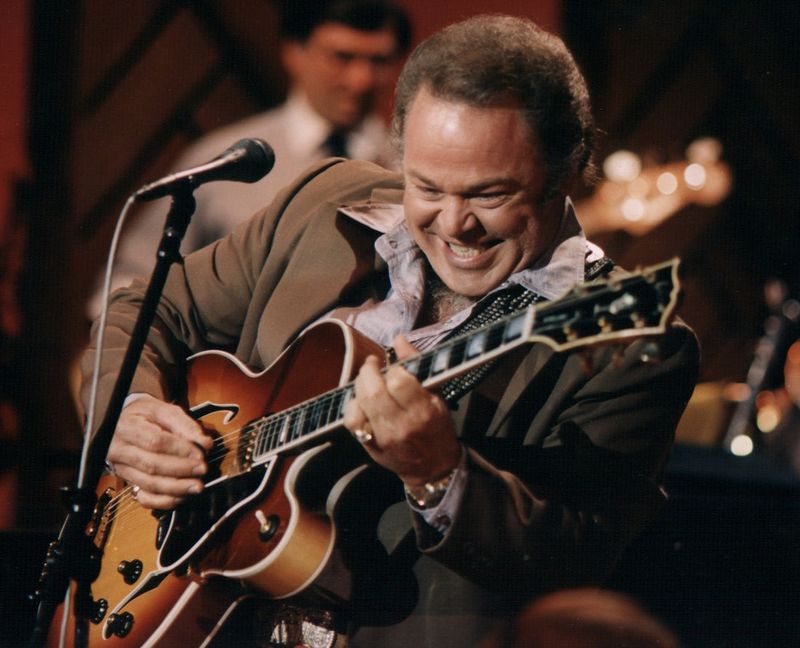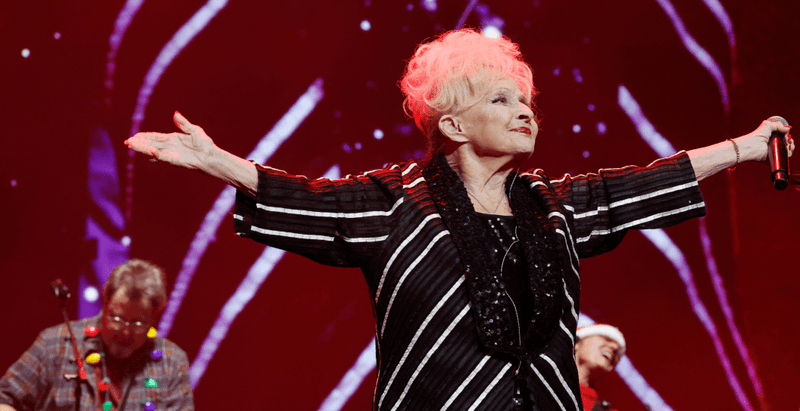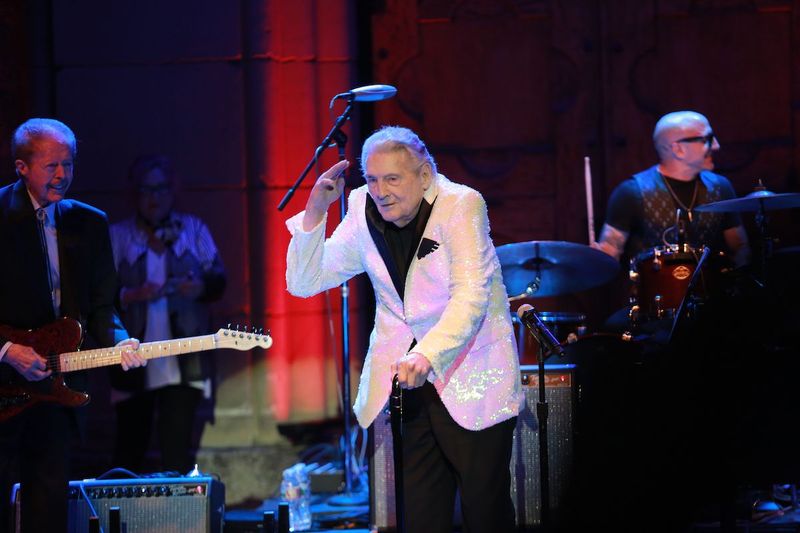Country music’s greatest treasures aren’t just found in the songs—they’re the artists themselves who’ve crafted melodies that span generations. These musical pioneers have crossed the 80-year milestone while continuing to share their gifts with the world. Some still grace stages and recording studios, while others have left us with catalogs that continue to inspire new artists and comfort loyal fans. Their weathered voices carry wisdom that only decades in the spotlight can provide.
1. Willie Nelson: The Outlaw Who Never Quit
At 91, Willie’s braided hair may be silver, but his guitar playing remains golden. The Texas troubadour continues defying expectations, releasing albums and touring with the energy of someone half his age. His iconic voice—instantly recognizable with its unique phrasing and weathered warmth—still carries songs about life’s struggles and joys. Willie’s legendary status comes not just from longevity but from authenticity. Despite health scares that would sideline younger performers, Nelson pushes forward with cannabis advocacy, Farm Aid concerts, and new music. His latest albums prove creativity doesn’t retire when you hit your golden years.
2. Dolly Parton: Approaching 80 With Boundless Energy
Though technically not in the 80+ club yet (she’ll join in January 2026), Dolly deserves recognition for her unstoppable creative output. Her rhinestone-studded career spans six decades, with no signs of slowing down as she approaches her milestone birthday. Between expanding Dollywood, launching a rock album, writing books, and funding vaccine research, Parton outworks celebrities a third her age. Her iconic blonde hair and heartfelt Tennessee twang remain unchanged. Fans marvel at how someone born in a one-room cabin in the Smoky Mountains became not just a country icon but a global treasure whose songs like “Jolene” and “I Will Always Love You” transcend generations.
3. Loretta Lynn: The Coal Miner’s Daughter’s Enduring Voice
Until her passing in 2022 at age 90, Loretta Lynn remained country music’s most fearless female pioneer. Born in a Kentucky coal mining community, she transformed hardscrabble experiences into honest songs that challenged conventions. Lynn never softened her message, writing about birth control, double standards, and women’s struggles when such topics were taboo in country music. Her 2021 album “Still Woman Enough” showed her undiminished spirit. Even in her final years, younger artists flocked to collaborate with the legend who kicked open Nashville’s doors for generations of women. Her autobiography and the Oscar-winning film it inspired introduced her remarkable journey to millions beyond country fans.
4. Kris Kristofferson: Songwriter, Actor, Rhodes Scholar
Few artists embody the intellectual side of country music like 88-year-old Kris Kristofferson (June 22, 1936 – September 28, 2024). Before writing classics like “Sunday Mornin’ Comin’ Down,” he was a Rhodes Scholar and Army helicopter pilot—proving songwriters could be both poetic and profound. His gravel-voiced delivery might lack technical perfection, but nobody questions its authenticity. Hollywood recognized his rugged charisma too, casting him alongside Barbra Streisand in “A Star Is Born” and in numerous westerns. Though memory issues led to his retirement from performing, Kristofferson’s lyrical genius lives on through countless covers. His friendship with Johnny Cash and membership in the Highwaymen supergroup cemented his place in country music’s pantheon.
5. Charley Pride: Breaking Barriers With a Smooth Baritone
Before his COVID-related death at 86 in 2020, Charley Pride accomplished what seemed impossible—becoming country music’s first Black superstar during the Civil Rights era. His smooth baritone on hits like “Kiss An Angel Good Mornin'” transcended racial boundaries in a genre not known for diversity. A former baseball player in the Negro Leagues, Pride switched to music and faced an industry reluctant to market a Black performer to white audiences. His talent proved undeniable, earning him 29 #1 country hits and CMA’s Entertainer of the Year. Pride remained humble despite his groundbreaking achievements, focusing on songs rather than politics. His final performance came at the 2020 CMA Awards, where he received the Lifetime Achievement Award shortly before his passing.
6. Bill Anderson: The Whisper That Changed Country Music
They call him “Whisperin’ Bill” because of his gentle vocal style—a revolutionary approach in an era of booming country voices. At 86, Bill Anderson remains a Grand Ole Opry fixture and one of Nashville’s most prolific songwriters. Unlike many peers, Anderson’s career experienced a remarkable second act. After decades of performing his 1960s hits, he reinvented himself as a co-writer with younger artists, penning modern chart-toppers for George Strait and Brad Paisley. His 2018 album “Anderson” proved his creative well hasn’t run dry. Beyond music, his folksy humor and storytelling made him a beloved television host on shows like “Opry Backstage.” Seven decades in, Bill still whispers while others shout.
7. Bobby Bare: The Outlaw’s Outlaw With Storyteller Soul
Bobby Bare’s conversational singing style turned story-songs into three-minute movies for the ears. Now 89, the Country Music Hall of Famer pioneered artistic freedom in Nashville before the term “outlaw country” existed. His 1963 hit “Detroit City” captured working-class homesickness, while “Marie Laveau” showcased his flair for the dramatic. Bare fought for creative control decades before Taylor Swift made it fashionable. Unlike contemporaries who slowed down, Bare released the critically acclaimed “Things Change” at age 82 and still occasionally performs. His influence extends through his son Bobby Bare Jr., creating a musical dynasty. The elder Bare’s deadpan humor and authentic delivery continue winning over audiences both young and old.
8. Wanda Jackson: The Queen Who Rocked Country’s Boundaries
Before retiring in 2019 at age 81, Wanda Jackson spent seven decades shattering expectations. Elvis Presley’s former touring partner brought a fierce rockabilly energy to country music when women were expected to be demure. Her growling vocals on “Let’s Have a Party” showcased a wildcat spirit that influenced generations of female artists across multiple genres. Jackson refused to be pigeonholed, recording country, gospel, and rock throughout her career. A resurgence came in her 70s when Jack White produced her album “The Party Ain’t Over,” introducing her to indie rock audiences. With her trademark fringe dresses and high heels, Jackson proved country women could be both feminine and ferocious long before the term “girl power” existed.
9. Glen Campbell: Rhinestone Cowboy’s Brave Final Act
Glen Campbell’s musical journey ended at 81 in 2017, but not before a remarkable farewell tour while battling Alzheimer’s disease. The Arkansas farm boy turned session guitarist (part of the famous “Wrecking Crew”) became a crossover superstar with hits like “Gentle on My Mind” and “Wichita Lineman.” Campbell’s final act proved his most courageous. After his diagnosis, he embarked on a goodbye tour documented in the powerful film “I’ll Be Me,” showing his struggle to remember lyrics while still delivering stunning guitar performances. His final album “Adiós” featured songs he wanted to record before memory failed. Campbell’s openness about his condition raised Alzheimer’s awareness and showed how music remains when other memories fade.
10. Mel Tillis: The Stuttering Superstar With Perfect Pitch
Mel Tillis turned what many would consider a liability—his pronounced stutter—into a beloved part of his persona. Though he passed at 85 in 2017, fans remember how his speech impediment disappeared completely when singing classics like “Coca-Cola Cowboy.” Beyond his own recording career, Tillis wrote over 1,000 songs, including standards recorded by Kenny Rogers and Ricky Skaggs. His self-deprecating humor about his stutter endeared him to audiences and led to acting roles in films like “Smokey and the Bandit II.” A favorite on television talk shows, Tillis balanced country credibility with mainstream appeal. His daughter Pam Tillis carried the family legacy forward as a country star in her own right, creating a musical dynasty.
11. Tom T. Hall: The Storyteller Who Painted With Words
They called him “The Storyteller” because Tom T. Hall’s songs were like short stories set to music. Until his death at 85 in 2021, Hall’s conversational lyrics brought everyday characters to life, from “The Year That Clayton Delaney Died” to “Old Dogs, Children, and Watermelon Wine.” Unlike performers who sought the spotlight, Hall preferred crafting perfect narratives in his songs. His journalistic background showed in his attention to small details that revealed larger truths about human nature. Though he retreated from public life in his later years, his influence remained strong in the storytelling traditions of artists like Kacey Musgraves and Chris Stapleton. Hall proved country music could be literary while remaining accessible—a rare balance few have matched.
12. George Jones: No-Show No More After Legendary Career
Before his 2013 passing at 81, George Jones earned both the title “greatest country singer alive” and the nickname “No-Show Jones” for alcohol-fueled missed performances. His voice—capable of wringing emotion from every syllable—made classics like “He Stopped Loving Her Today” devastating masterpieces of heartbreak. Jones’ personal demons became as legendary as his talent. Stories about riding lawnmowers to liquor stores when his car keys were hidden became country folklore. His later years brought sobriety, reliability, and critical recognition. Jones’ final album “Amazing Grace” returned to his gospel roots. The man who once sang “Who’s Gonna Fill Their Shoes” left footprints too large for anyone to step into.
13. Jean Shepard: Honky Tonk Girl Who Broke Barriers
Jean Shepard didn’t just participate in country music history—she helped create it. Until her death at 82 in 2016, she remained the longest-serving female member of the Grand Ole Opry, joining in 1955 when women rarely headlined country shows. Her honky-tonk classics like “A Dear John Letter” and “Second Fiddle” brought female perspectives to a male-dominated genre. Shepard never compromised her traditional sound, even when the Nashville Sound pushed toward pop crossovers. Outspoken until the end, she criticized the industry’s drift from traditional sounds. Shepard’s autobiography “Down Through the Years” documented her pioneering journey from Oklahoma poverty to country music royalty. Her fearless attitude blazed trails for every female country artist who followed.
14. Don Williams: The Gentle Giant’s Quiet Revolution
Don Williams passed just shy of 80 in 2017, but his impact demands inclusion here. Standing 6’1″ with a smooth baritone and laid-back delivery, the “Gentle Giant” offered a calming presence during country music’s turbulent 1970s evolution. Williams’ approach was revolutionary in its simplicity—no rhinestones or showmanship, just heartfelt performances of thoughtful songs like “Good Ole Boys Like Me” and “I Believe in You.” His music found surprising international popularity, especially in Africa and Europe. After multiple “farewell tours,” Williams finally retired in 2016, having created a template for artists like Alan Jackson and Josh Turner. His unhurried vocal style proved that in country music, sometimes the quietest voices resonate the loudest.
15. Roy Clark: The Grinning Virtuoso Who Welcomed America to Hee Haw
Roy Clark’s dazzling instrumental skills were often overshadowed by his comedic talents on TV’s “Hee Haw,” but musicians recognized his genius. Before his 2018 death at 85, Clark could make a guitar, banjo, or fiddle sing with equal mastery. His lightning-fast picking on “Malaguena” demonstrated technical brilliance, while his Grammy-winning “Alabama Jubilee” showcased his joyful approach. As “Hee Haw” host for 24 years, Clark brought country music into millions of non-country households. A member of both the Country Music Hall of Fame and the Grand Ole Opry, Clark became country’s global ambassador, even performing in the Soviet Union during Cold War tensions. His ever-present smile and instrumental wizardry made complex music seem effortless and approachable.
16. Brenda Lee: Little Miss Dynamite Still Exploding With Talent
Standing just 4’9″ but possessing a voice that could shake arenas, Brenda Lee will join the 80+ club in December 2025. Her versatility allowed her to conquer rockabilly, pop, and country throughout a career spanning seven decades. While most know her for the holiday perennial “Rockin’ Around the Christmas Tree” recorded at age 13, country fans treasure albums like “Brenda Lee Sings Country” that showcased her emotional depth. Her Rock and Roll Hall of Fame induction came decades before her Country Music Hall of Fame honor. Still performing occasionally, Lee’s influence spans from Elton John to Taylor Swift. With over 100 million records sold worldwide, this petite powerhouse proved size has nothing to do with impact.
17. Jerry Lee Lewis: The Killer’s Country Resurrection
Though best known for rock and roll classics like “Great Balls of Fire,” Jerry Lee Lewis reinvented himself as a country star after scandal derailed his rock career. Until his 2022 death at 87, “The Killer” brought the same manic energy to country music that he did to his piano-pounding rock performances. His country phase produced hits like “What’s Made Milwaukee Famous” and “Middle Age Crazy.” Despite personal tragedies and health issues, Lewis continued performing with his trademark wild-man persona into his 80s. The last survivor of Sun Records’ Million Dollar Quartet (with Elvis, Johnny Cash, and Carl Perkins), Lewis brought rockabilly attitude to traditional country. His final album, 2014’s “Rock & Roll Time,” featured collaborations with Keith Richards and Robbie Robertson.
